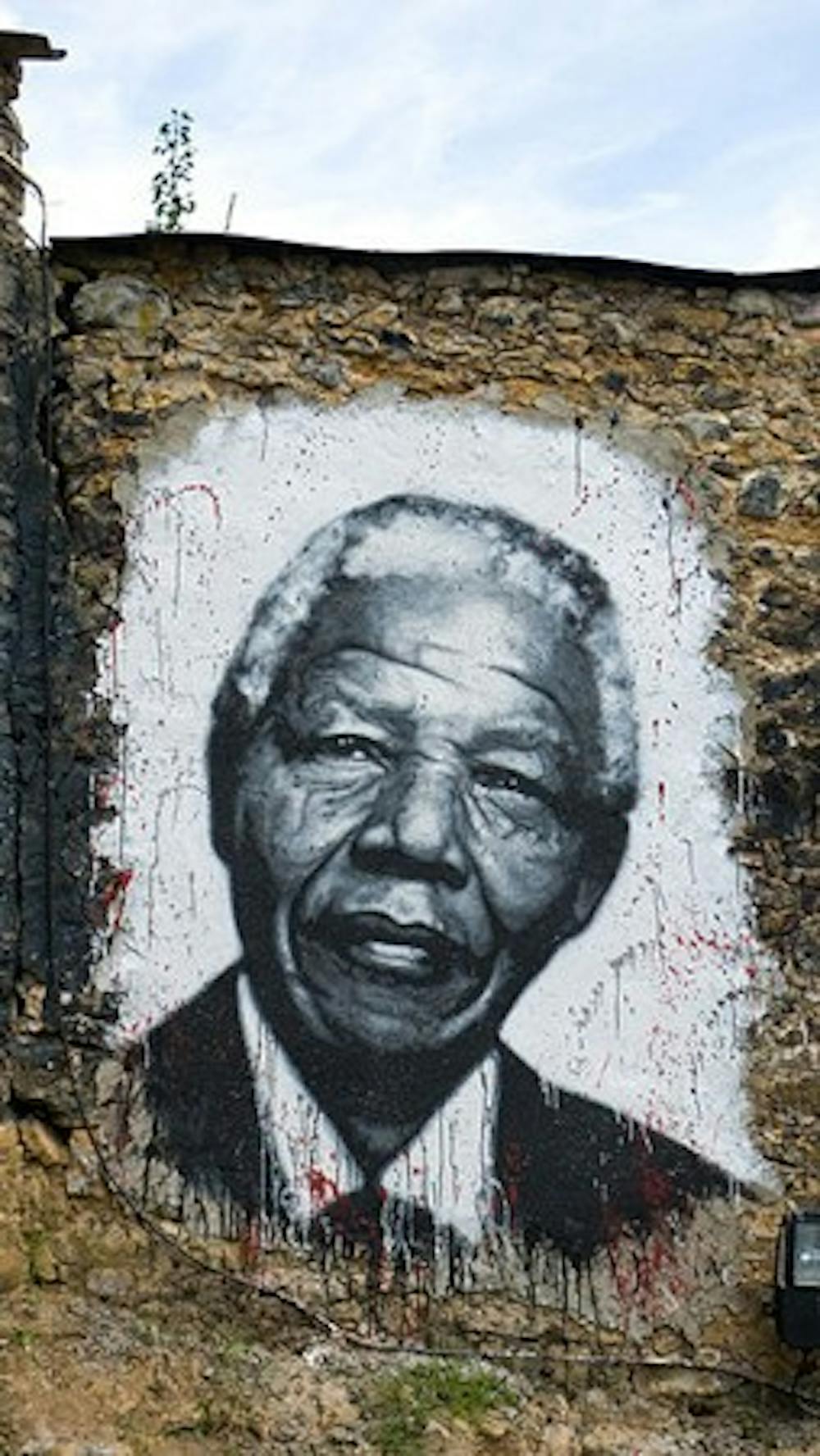By Kari Travis | Echo
He passed away the evening of Dec. 5 at the age of 95.
Rest In Peace Nelson Mandela. You changed this world.
- OutFrontCNN (@OutFrontCNN) December 6, 2013
He is described as a freedom-fighter, a statesman and a symbol of the fight against racial oppression.
But to those who lived under his leadership, Nelson Mandela was much more than just a political statement against the force of racial segregation in South Africa. For Nicholas Kerton-Johnson, a South African and associate professor of political science at Taylor, Mandela was an example of grace, forgiveness and the strength of the human spirit.
"He refused to be drawn into the politics of hatred but rather saw the future being one of color-blindness," Kerton-Johnson said. "In this way he became, not just the father of black South Africans fighting for freedom, but the father of every South African-and a new nation."
While Kerton-Johnson views the death of Mandela as a chance to reflect on the leader's many triumphs, he also wants the world to remember the leader's weaknesses.
"We must be careful not to idolize him," Kerton-Johnson added. "He failed in many ways, not least over his privileging of the African National Congress (ANC). But his failures indicate his humanity and do not deny the incredible legacy he left."
That legacy includes Mandela's 27-year imprisonment for attempts to sabotage and overthrow South Africa's apartheid government, as well as his eventual release in February of 1990. Upon his release, Mandela assured South Africa he would work toward reconciliation-for both whites and blacks.
A look back at the life of #NelsonMandela with @robyncurnowcnn on #AC360 right now
- Anderson Cooper 360° (@AC360) December 6, 2013
Kerton-Johnson remembers standing under the balcony of the city council building in Cape Town on the very day that Mandela was released.
"Surrounded by thousands of people who had been oppressed, I was astounded by the love and joy of every person, all eager to listen to a man who we knew would help heal a nation," Kerton-Johnson said.
And Mandela's is a legacy that touched not only South Africa, but the international community as a whole. Even after retirement from the South African presidency in 1999, the outspoken leader continued to champion causes such as human rights, world peace and the fight against AIDS, according to CNN. During his last public appearance in July 2010, Mandela spoke out one last time about the legacy he hoped South Africa would remember-and continue to live.
Grateful to #NelsonMandela for stellar example of reconciliation. We'll honor him tmrw @GMA. Also will be joining @DavidMuir on @ABC2020.
- Robin Roberts (@RobinRoberts) December 6, 2013
"I would like to be remembered not as anyone unique or special, but as part of a great team in this country that has struggled for many years, for decades and even centuries," he said. "The greatest glory of living lies not in never falling, but in rising every time you fall."
Kerton-Johnson, who calls Mandela one of the great statesmen of the twentieth century, will ultimately remember the leader's successes and failures as the very fabric of his legacy-and his humanity.
"South Africa lost a brave son and a humble father," Kerton-Johnson concluded. "I am honored to be able to call him my first president."
(Thumbnail photo by Thierry Ehrmann.)





